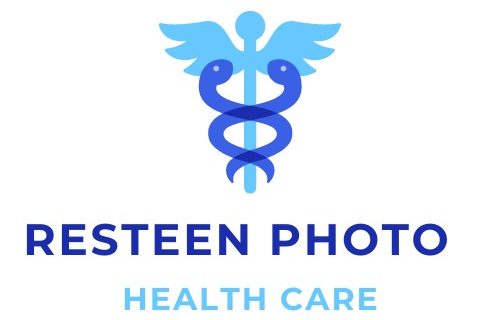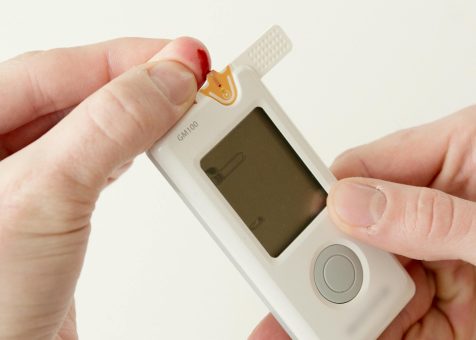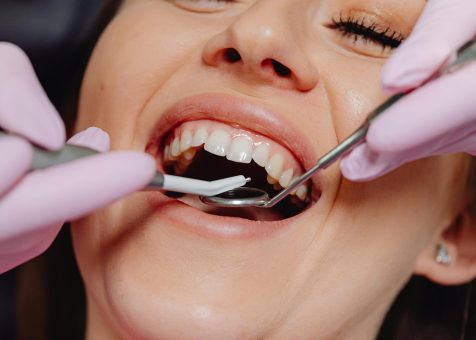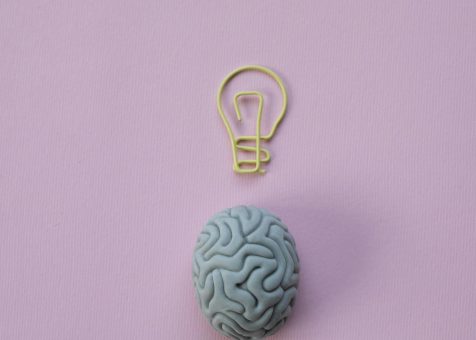Search Health Supplement & Probiotics Here
Find the best match of your interest
Health supplements are pills, liquids, or powders that people take to get more of certain nutrients and to stay healthy. You might have used supplements like multivitamins, probiotics, fish oil, or melatonin before.
You can buy supplements at pharmacies, drugstores, or online without needing a prescription. They come in different forms like pills, gummies, or liquids. Supplements can have vitamins, minerals, herbs, or other things your body needs. Some are made from real food, while others are made in a lab.
Before you start taking a supplement, it’s important to know what it does, if it has any risks, and how to use it safely.
Different Kinds of Supplements
There are many types of dietary supplements:
Multivitamins: These have a mix of vitamins and minerals you need every day. Some might claim to give you extra benefits like boosting your immunity or energy.
Individual Vitamins: These are just one vitamin, like vitamin C or D, if you need more of a specific one.
Minerals: These are supplements for certain minerals like potassium or calcium if you’re not getting enough.
Botanicals: These are made from plants like ginger or caffeine. People think they can help with things like reducing inflammation or giving you more energy.
Probiotics: These are good bacteria for your stomach that help with digestion.
Amino Acids: These are the parts that makeup protein. Some people take them to help with things like athletic performance or recovery.
Good Things About Supplements
Vitamins and minerals help your body do lots of important ingredients, so taking supplements can have a bunch of health benefits. Here are some:
– Calcium: Makes your bones stronger, especially for older folks and pregnant women.
– Vitamin D: Helps your body use calcium better and keeps your bones strong.
– Magnesium: Lowers blood pressure and how often you get migraines.
– Folate/Folic Acid: Lowers the chance of certain birth defects in babies, makes antidepressants work better, and lowers the risk of stroke when taken with B vitamins.
– Iron: Stops you from getting anemia and lowers the chance of having a baby too early or too small during pregnancy.
Are there bad effects of taking health supplements?
Yes, health supplements can have side effects. If you take many different supplements together or take a lot of one supplement, you’re more likely to have side effects. Sometimes, people don’t realize they’re taking too much because they’re also getting those nutrients from their food.
Some side effects of health supplements include:
– Feeling sick to your stomach
– Throwing up
– Having headaches
– Constipation
– Feeling overly tired
What are the possible risks of taking health supplements?
Using health supplements for a long time can also have bad effects, like:
– Hurting your liver or other organs
– Making your bones weaker
– Causing problems with how babies develop in the womb
– Making you more likely to bleed too much
– Changing how you react to anesthesia
– Making cancer treatment less effective
– Hurting your nervous system
Also, some supplements can mess with how your prescribed medications work. For example, vitamin K can make a blood-thinning medicine called warfarin not work as well.
That’s why it’s important to tell your doctor about any supplements you’re taking.








